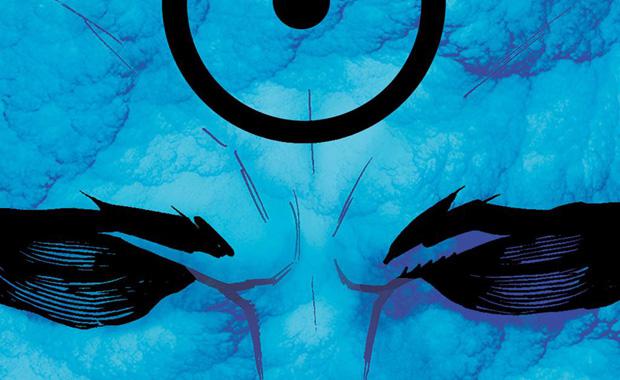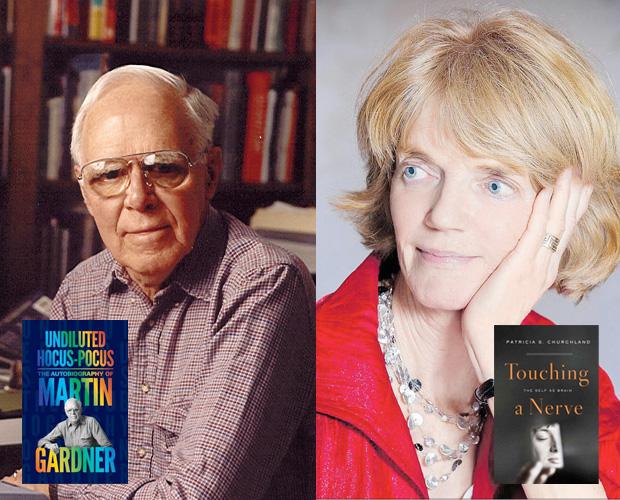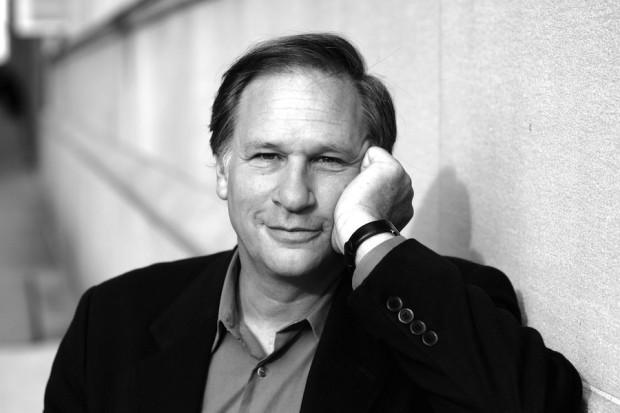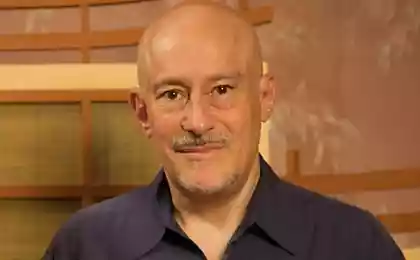Are there things that we never learn?

Martin Gardner and Patricia Chёrchlend most likely have never met, but both of them - the authors of books on the same subject: "Will humanity ever fully comprehend the nature of all things, phenomena and concepts of the world"? In this article I will give their point of view as a virtual scientific debate.

Martin Gardner, who died in 2010, was an American writer and popularizer of science (especially mathematics and philosophy), author of more than 70 works - books, essays, essays.
Gardner was convinced that to understand the world before the end of a person, regardless of the level of development of science, is not given - neither today, nor in the future. Some things, he argued, are too complex in nature, to be accessible to understanding how life began, the essence of time, if there is free will, and so on. N.
«No philosopher - he wrote in his posthumously published autobiography, - Of living or who ever lived, did not have and does not have the slightest idea of how the mind works, the mind or the time. It would be incredible arrogance to claim that these things can be fully understood ».
blockquote> Gardner paid tribute to the mental abilities of people and possibilities of scientific instruments invented, but was convinced that there are insurmountable limits the depth of human understanding:
«As chimpanzees are not capable of and will never be able to take the square root of the number, and the person will never understand the nature of many aspects of the universe (but for some reason this does not bother him). I am convinced that the properties of our universe are so complex that there is no quick mind can not comprehend them in full. Some secrets are doomed to forever remain a mystery ».
blockquote> «ignorance - it's just ignorance," - Patricia Gardner opposes virtually Chёrchlend, Canadian-born American philosopher, a specialist in the philosophy of mind, in his "hot spots". If there is something you do not know Chёrchlend convinced, that does not mean that you will not know it never.
«This arrogance - believing that if your brain is not able to understand a phenomenon, then it is, in principle, can not be understood. What you may or may not realize - just a description of your self, and not deep metaphysical fact about the universe ».
blockquote> Chёrchlend results fairly obvious examples: for many centuries, people have been convinced that to understand complex things, such as earthquakes, atoms, volcanoes or germs is impossible - and therefore attributed to the territory of the divine. However, over time these things and phenomena were explained, and now realize they are easy, even a child.
«We were looking for - she writes, - We have researched. We checked. And we learned. People who say that we can not enter into the thought is still too complicated for us to concepts, turning their backs to knowledge. They simply cowards ».
blockquote>
Robert Kralvich, science correspondent and blogger sums up this argument:
«We'll never know if we can learn anything and that's the charm. We do not know whether doberёmsya to the final point, but keep moving. The development of science is uneven: it is hardly lagging, the flying full sail, but it is important to understand - its meaning lies in the movement, not the result, which should come. Even knowing that it is impossible to grasp the whole, we were able to extinguish the craving for knowledge of mankind? No. We want to continue to look for ».
blockquote>
via factroom.ru
























